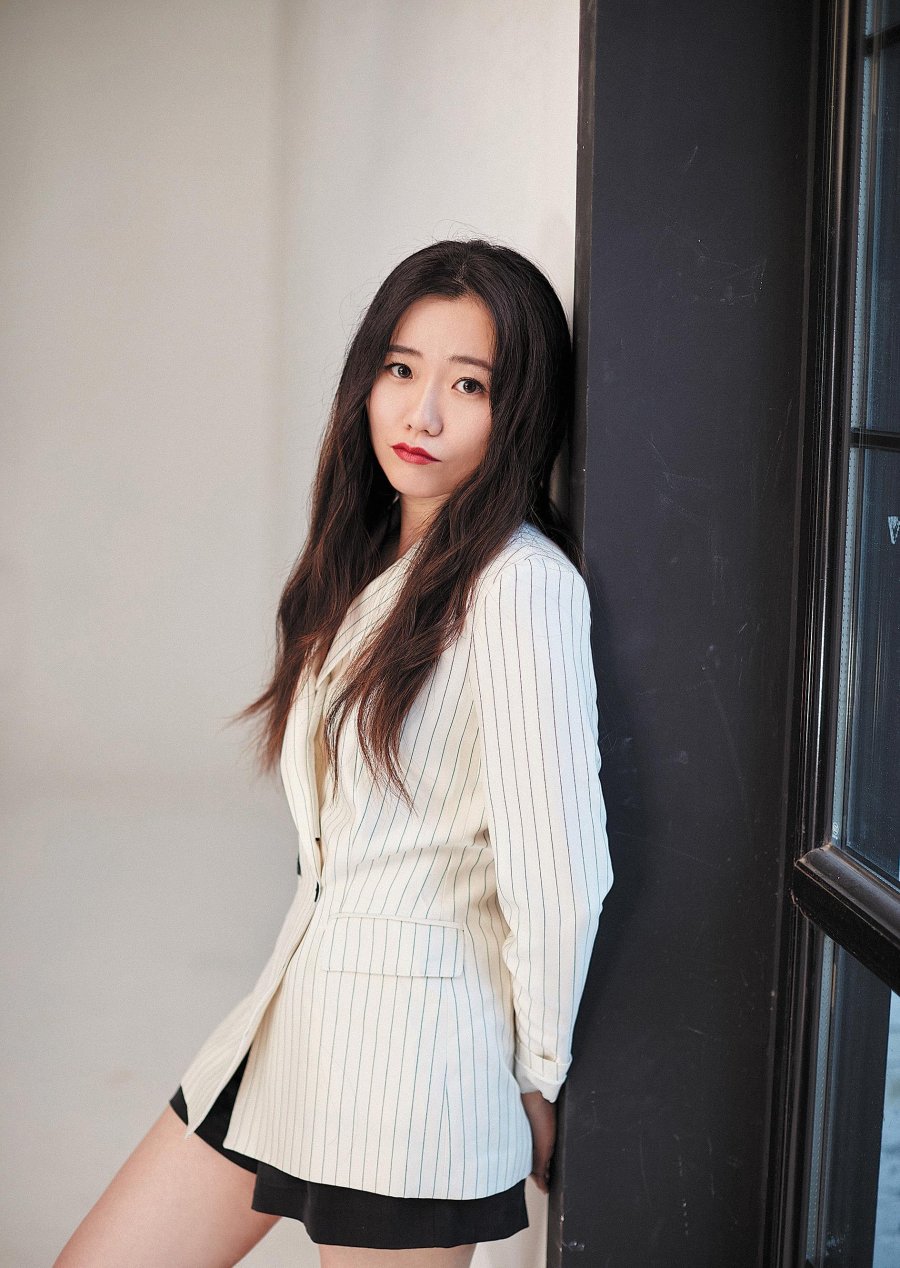June 1, 2023
BEIJING – A love triangle between family members, parent-child disputes, a mystery revolving around the protagonist’s birth — these are some highlights of the family drama Take Us Home, which began airing on China Central Television’s CCTV-8 channel and streaming on online video platform iQiyi’s international section in April, reaching around 200 countries and regions worldwide.
Starring award-winning Chinese actress Ma Yili and actor Bai Yu, the drama is adapted from The City of Dragon trilogy (2009-2012) by writer Li Di’an, better known by her pen name Di An. The story revolves around three cousins who grew up together. It was once all the rage during the younger days of post-90s readers, selling millions of copies.
“To be honest, I feel a bit awkward[watching it on TV],” said Di An. “I rarely look back on my early works as they are somewhat immature.”
Di An said that back then, as a young writer in her 20s, she was desperately trying to express her emotions that had been bottled up inside — confusion, anger and passion — through words that she now thinks were quite extreme. For instance, she designed a series of dramatic plots for the three cousins in The City of Dragon trilogy. “The first time I read the whole story from soup to nuts, even I myself thought, ‘What a family’!” she said.
Even now, a decade after the first book in the trilogy was published, many young people can still see themselves in the three cousins. “I wasn’t aware of that when I was writing the story, but now it appears that youngsters across different generations will more or less face similar dilemmas or problems,” said Di An.
The trilogy became an instant hit right after its publication, which was much to Di An’s surprise as her initial intention was simply to write a dramatic family story in her spare time. “Every week, I would receive calls from the publishing house, telling me how many additional copies they had ordered.” Di An recalled.

Di An. (PHOTO PROVIDED TO CHINA DAILY)
But it happened so fast that Di An wasn’t able to wrap her head around it at that time. In fact, she was doing her master’s degree in France. Instead of taking the time to enjoy her overnight fame back home, she was anxiously waiting day by day for feedback on her thesis from her supervisor. No one in France knew of the sensation she had stirred up in China.
“As a 25-year-old postgraduate, the only thing that I cared about at that moment was my graduation thesis, the same as other students,” she said.
Looking back, Di An said that being abroad at that time and staying away from the spotlight was a good thing for her. It allowed her to keep a clear head when dealing with important life events like finishing school and making the decision to pursue a career in writing.
Over the years, this career choice has taken her far. With several sought-after novels and literary awards, including the People’s Literature Award, under her belt, Di An recently published another book called Sweet Honey. From the perspective of a little girl raised by her single mother, the book depicts how the girl interacts and finally accepts her mother’s boyfriend, leading the readers to rethink the grown-up world.
Some readers say that Di An’s approach in this book is much softer than her previous ones, especially when compared with The City of Dragon trilogy. Di An ascribes this change to her mental maturity. She said that she grew up together with the characters in her coming-of-age trilogy.
Her new book will be translated into multiple languages and introduced to Belt and Road countries by the Chinese Writers Association. As a storyteller standing on the global stage, Di An sees a bright future for Chinese young adult literature.
From printed books like the award-winning writer Liu Cixin’s The Three-Body Problem trilogy to online novels including My Heroic Husband by Angry Banana (pen name), more Chinese literature works appealing to Gen Zers in China have gradually become known to their peers around the world.
“I think these Chinese stories share the same foundation that connects people around the world. Even written in the Chinese context, they manage to grasp the beauty that all human beings possess inside,” Di An said.


